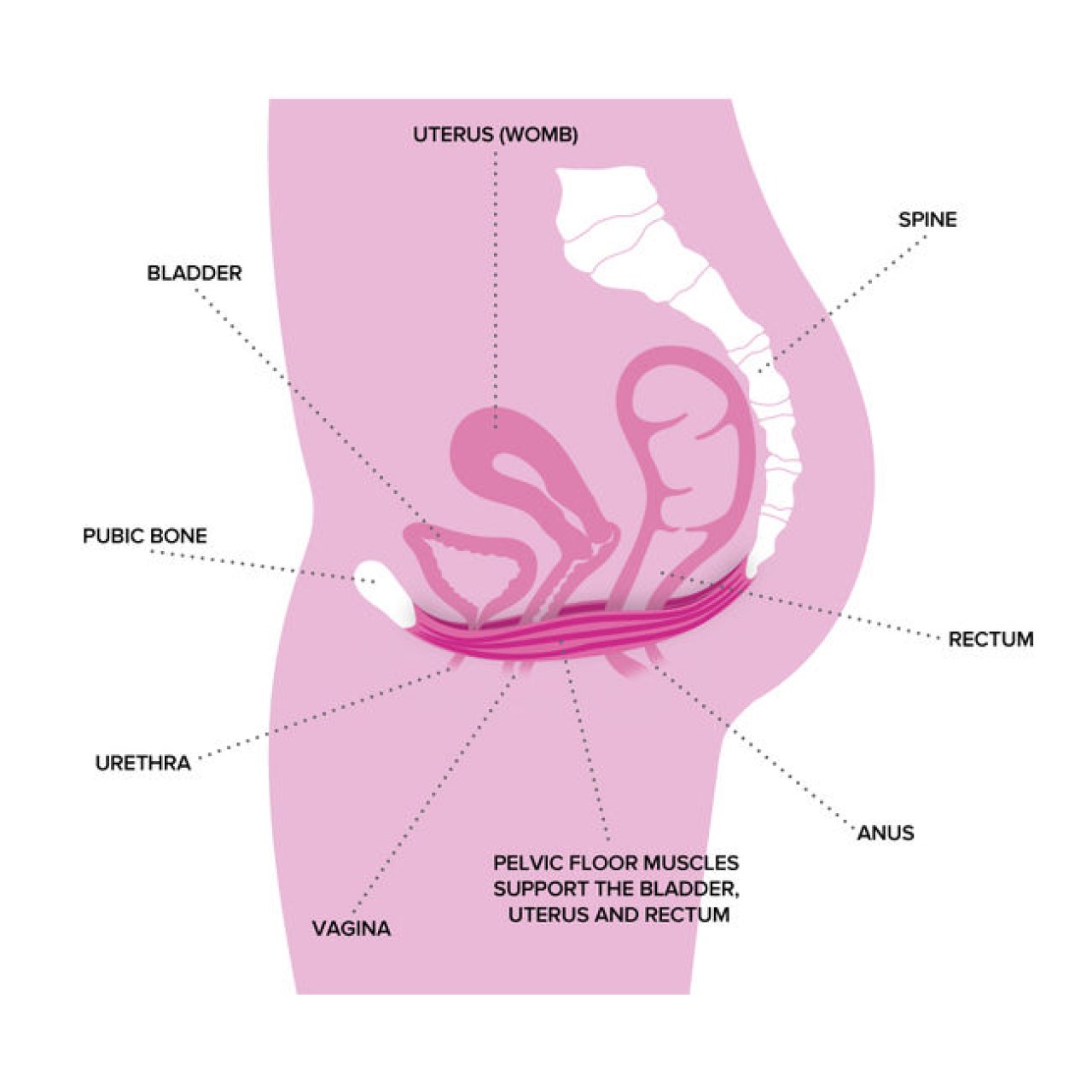As this realization sinks in, we can’t help but rethink everything we thought we knew. Fertility, menstruation and menopause - these aren’t separate phases, but parts of the same continuum. We glance at our crumpled question sheet and give it one last try.
If menopausal symptoms don’t exist, how should we understand the physical and mental challenges women face during this phase? After all, menopause remains a major topic.
Catherine smiles knowingly, her eyes lighting up with passion for sharing knowledge. “Most women experience hormonal imbalances at some point in their lives, but they often don’t recognize them as such. Conditions like burnout, depression, chronic fatigue and stress are frequently misdiagnosed. The real issue? A lack of knowledge. The awareness that truly needs to grow is that fluctuating hormones can lead to symptoms at any stage of life. There are already over 100 documented hormonal symptoms - so chances are, you’ll experience at least a few. The good news? You don’t have to suffer through them. There are effective solutions.”
Failing to seek help, according to Catherine, is choosing the hard way. “Some women experience more severe symptoms than others. It’s unpleasant, yes, but it’s also completely manageable.” If you think hormones only affect your reproductive system, Catherine warns, you’re missing the bigger picture. “A hormonal imbalance impacts your entire endocrine system, including stress hormones, blood sugar regulation, thyroid function and digestion. That’s why the symptoms vary so widely.”



